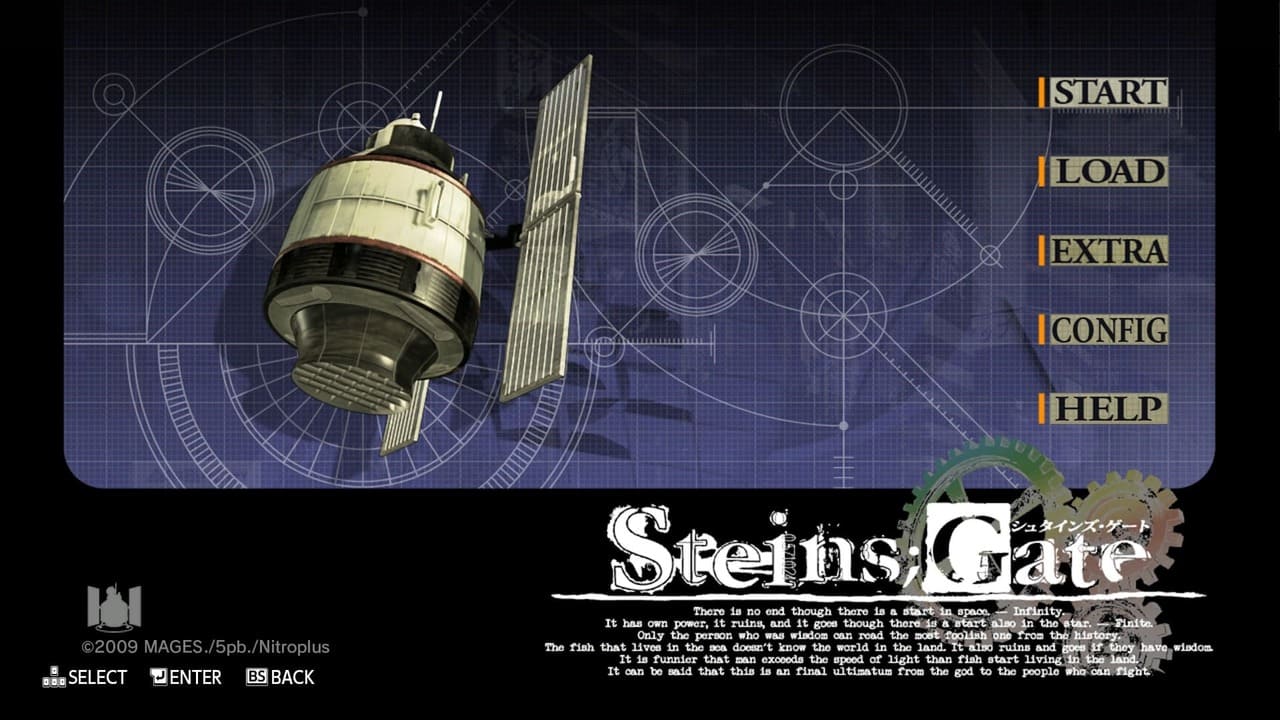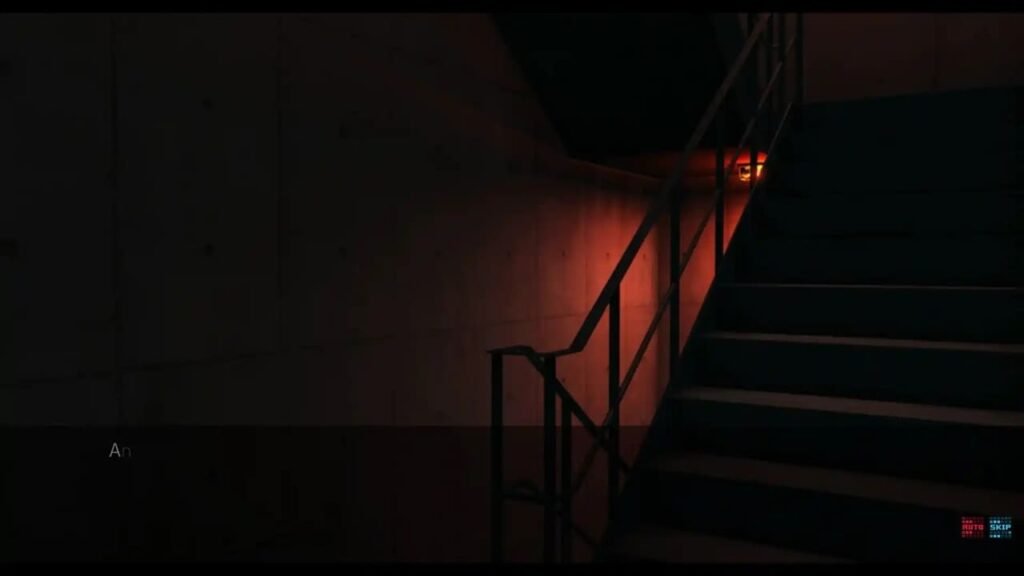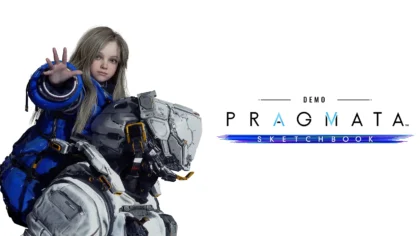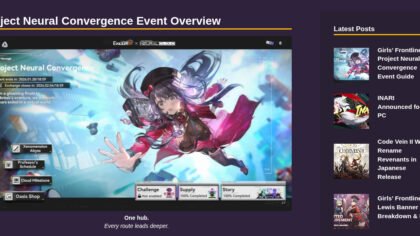Introduction: From Doubt to Curiosity
I used to be skeptical of visual novels. The idea of reading as the main gameplay did not appeal to me, and I doubted it could hold my attention. That changed after playing the first two entries in the Spirit Hunter series.
While more accurately described as adventure games, these titles showed how powerful atmosphere, storytelling, and music can be when narrative takes center stage.
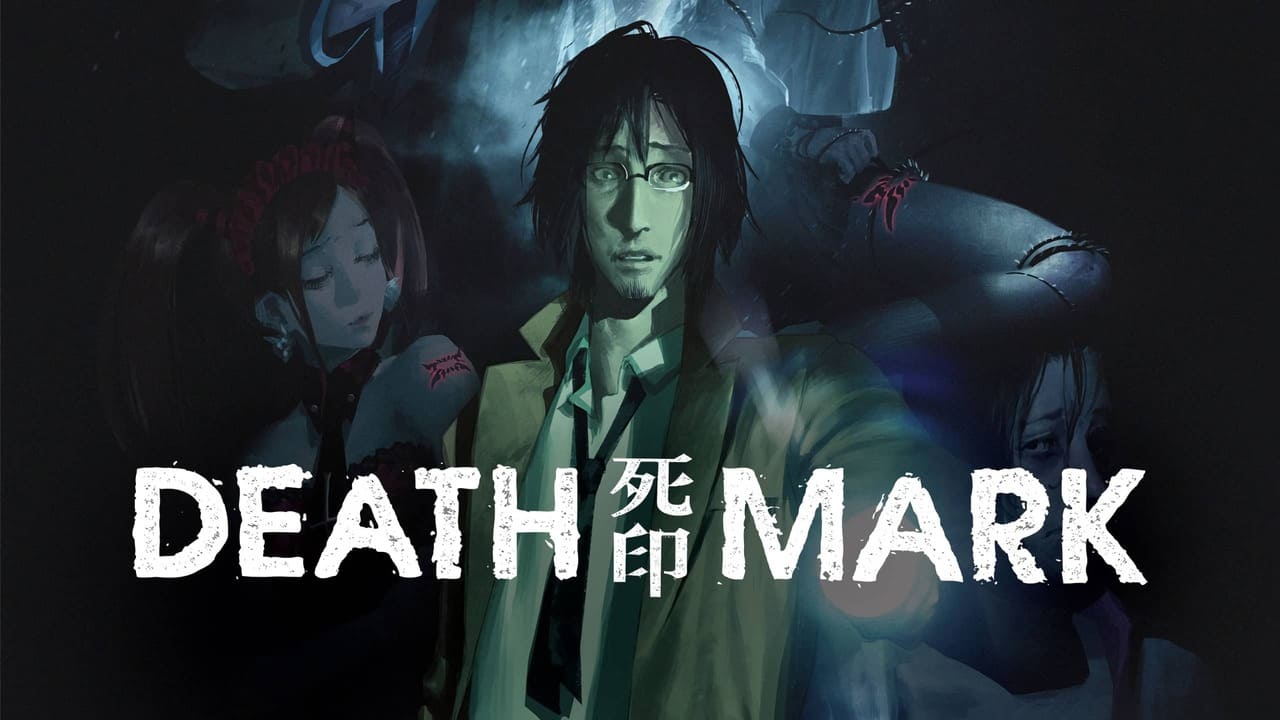
First Impressions: Spirit Hunter and Early ADVs
Spirit Hunter: Death Mark was my gateway into adventure (ADV) games. Its blend of eerie atmosphere, mystery, and meaningful choice made the reading experience feel active and immersive.
Before that, I had dipped my toes into The Silver Case and its follow-up The 25th Ward: The Silver Case from Suda 51. These titles intrigued me with their experimental storytelling and unique style, but it wasn’t until Spirit Hunter that everything really clicked.
That’s when I started to appreciate the quiet power of games that prioritize writing, sound, and tone over traditional gameplay mechanics.
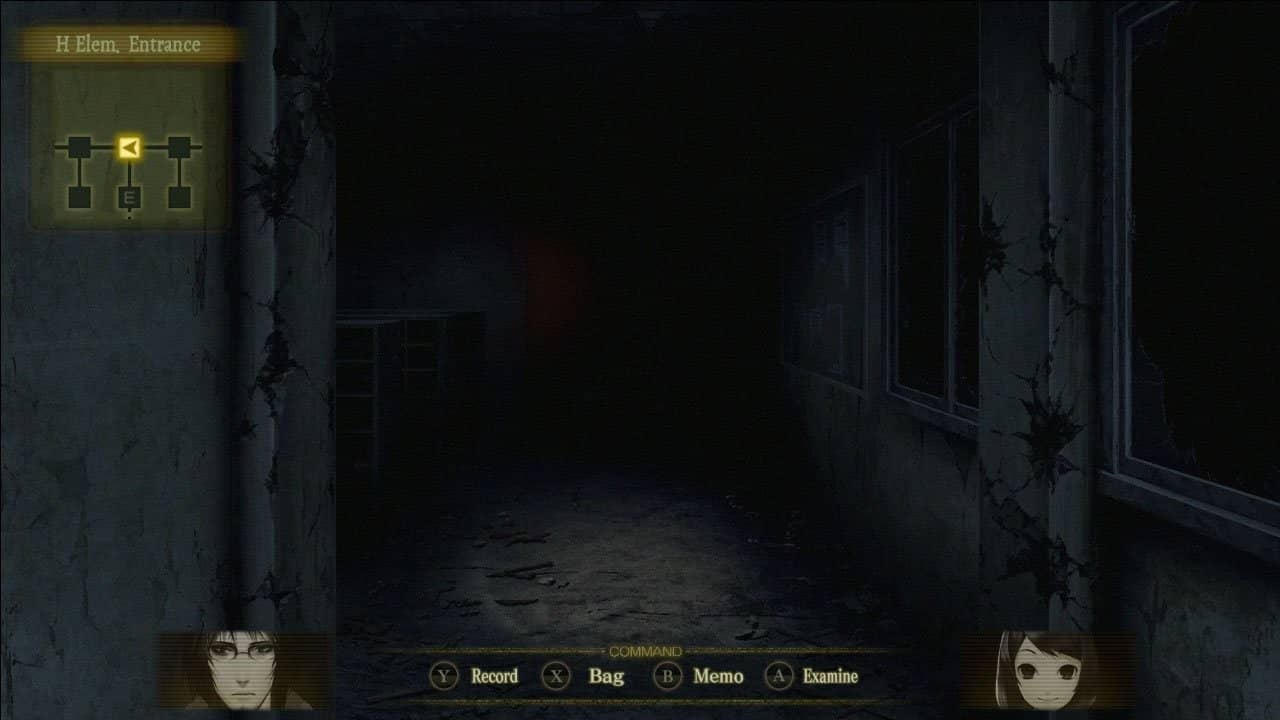
Danganronpa and the Kodaka Effect
My journey deepened with the Danganronpa series, a hybrid of VN and ADV elements. Exploring Kazutaka Kodaka’s cult-classic work revealed a level of narrative complexity and character-driven storytelling I hadn’t fully appreciated before.
With the announcement of Master Detective Archives: Rain Code, I wanted to trace his growth as a writer.
Playing Danganronpa 1 & 2 back-to-back, then jumping into Rain Code, gave me a newfound respect for how suspense, mystery, and even dark humor could all thrive in this format.
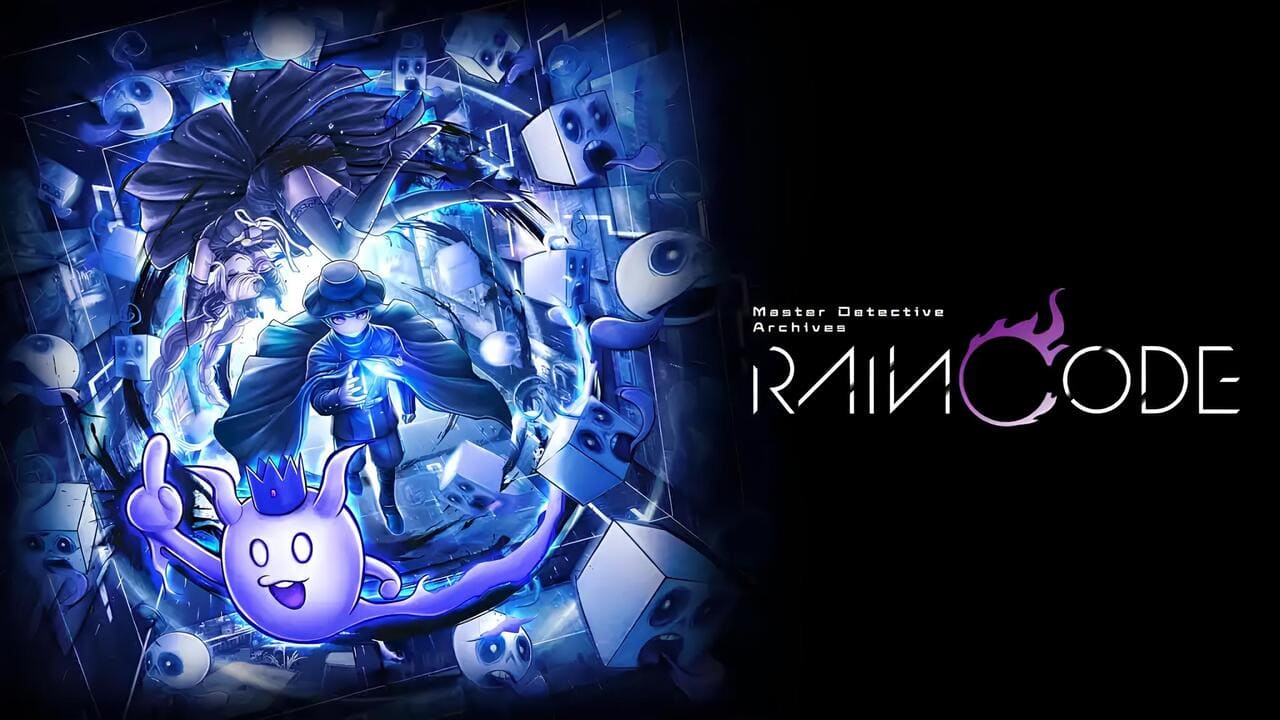
Chaos;Head Noah: The Knockout Punch
But the real turning point came with Chaos;Head Noah. This was the game that truly redefined my expectations.
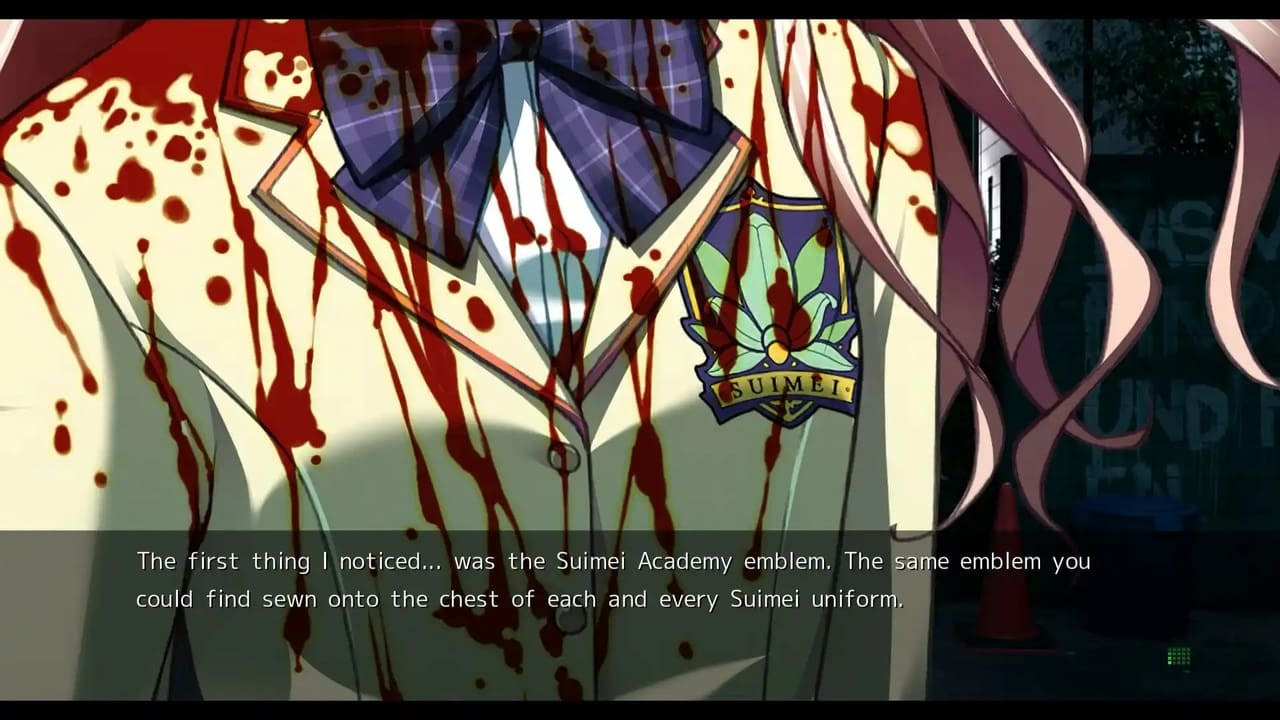
Its psychological horror themes, disturbing imagery, and Takeshi Abo’s haunting score made me feel the protagonist’s paranoia firsthand.
It was bold, mature, and deeply unsettling, showcasing how visual novels can use text, sound, and player imagination to create emotional depth that lingers long after the credits roll.
If Spirit Hunter was the gateway, Chaos;Head Noah was the knockout punch that sealed the deal.
Continuing the Journey: Famicom Detective Club and Science Adventure
The road didn’t stop there. The Famicom Detective Club remakes drew me into classic-style ADVs and their tight, focused narratives.
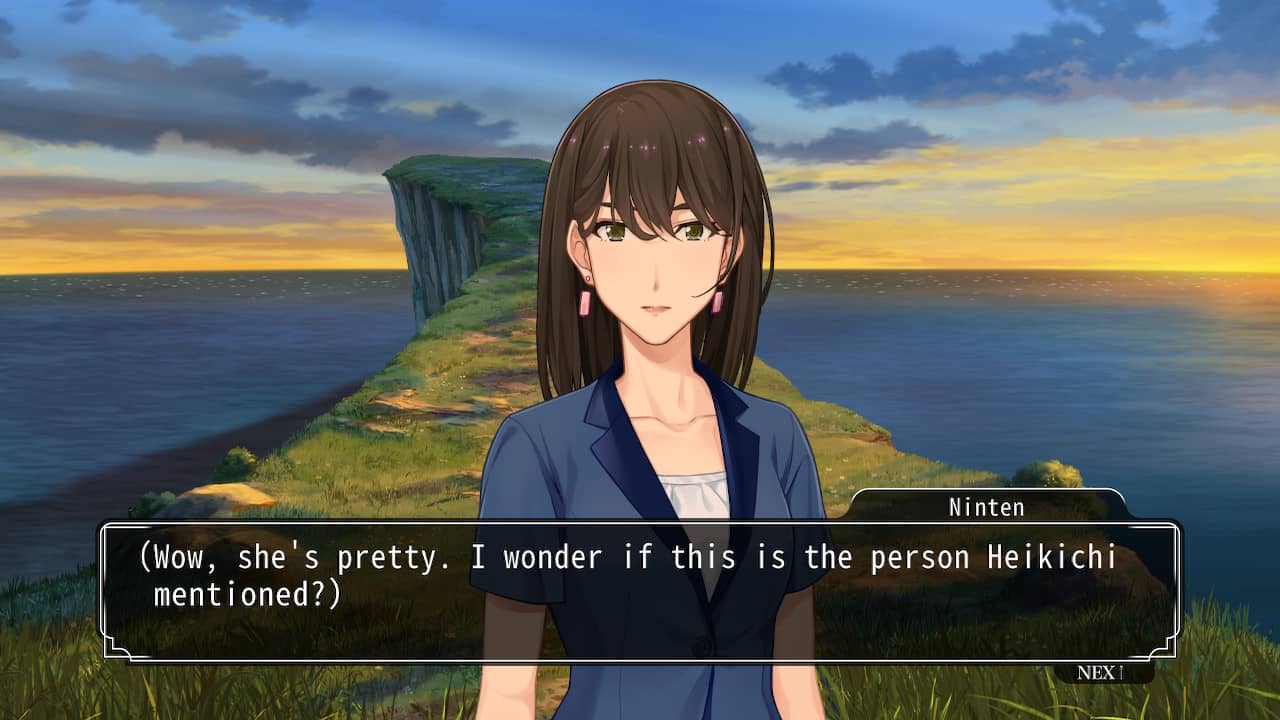
After that, I dove deeper into the Science Adventure series, beginning with Chaos;Head Noah and eventually exploring entries like Steins;Gate.
These games blended speculative science, psychological themes, and personal drama in a way that felt both grounded and high-concept, a balance rarely found outside this genre niche.
Conclusion: Why Narrative-Driven Games Deserve More Respect
This journey taught me something simple but important: games do not need fast reflexes or complex mechanics to be deeply immersive. When done right, visual novels and adventure games can create rich, atmospheric experiences that stay with you.
They give players room to think, reflect, and feel, something the industry often overlooks. For gamers like me who once doubted them, embracing these genres has been an eye-opening shift.
I now believe they deserve far more recognition for their storytelling artistry and emotional impact.
